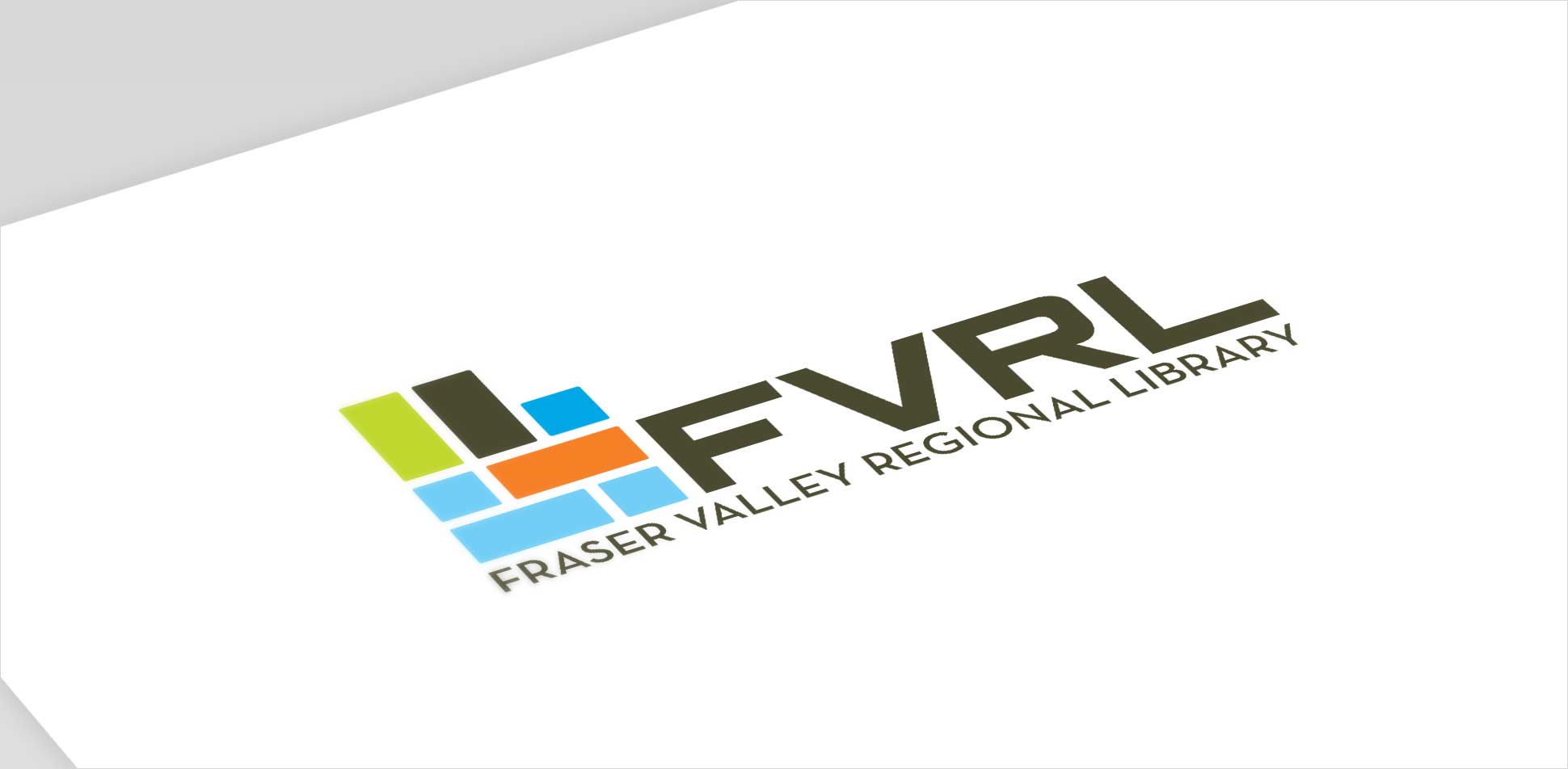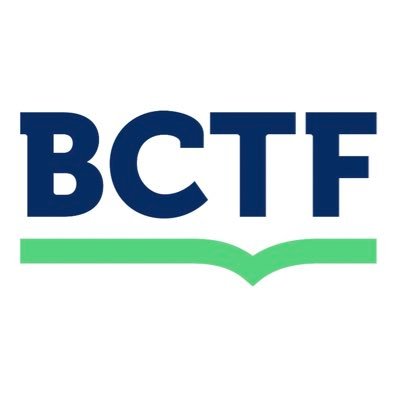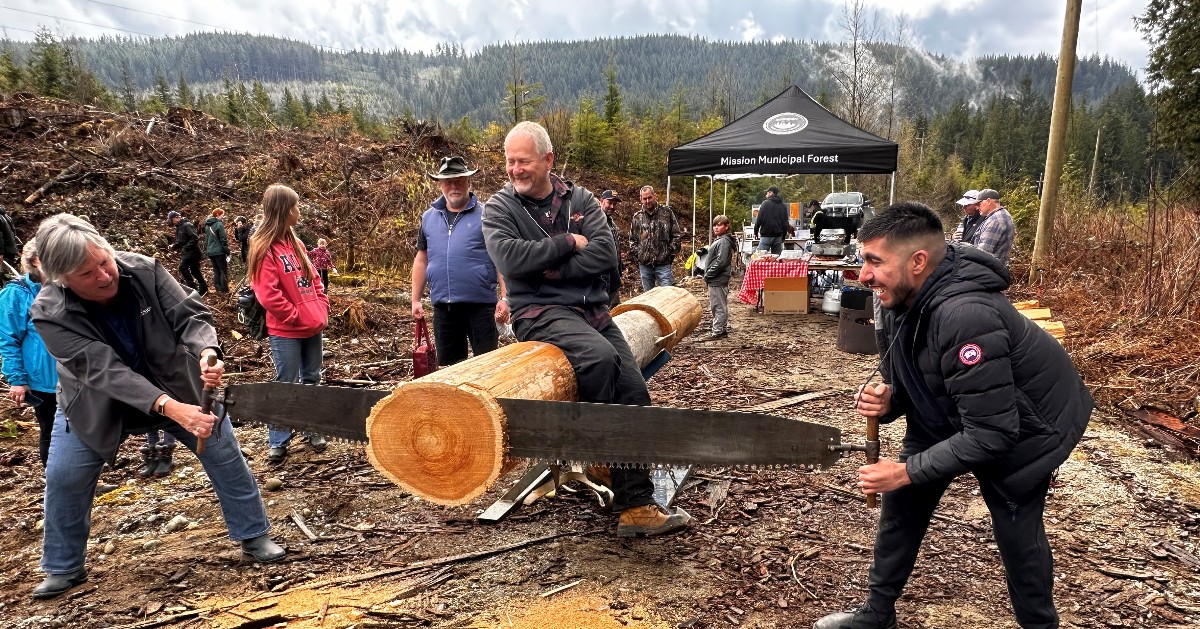Ottawa/Toronto/Fraser Valley (with files from Canadian Press/CBC) – UPDATE – Teamsters Canada Rail Conference, who represent more than 9,000 workers at Canada’s two major railways could be either on strike or locked out as of Thursday, disrupting supply chains relied upon by many industries.
The union representing thousands of workers at Canadian Pacific Kansas City Ltd. says it has served a 72-hour strike notice to the railway.
ORIGINAL STORY – Canada’s beleaguered railway system is in the dramatic spotlight again.
The country’s two main freight railways are turning away a growing number of goods ahead of a potential work stoppage next week that could snarl supply chains and disrupt industry.
Canadian National Railway Co. schedules show that, starting August 16, it is barring container imports that originate at some ports, including New York City.
CN and Canadian Pacific Kansas City Ltd. are also beginning to halt shipments that need cooler temperatures, such as meat and medicine, to avoid seeing stranded loads go bad should a work stoppage occur.
CN rolls through the Fraser Valley on the south side of the Fraser River. CPKC runs on the north side.
The two rail companies have warned that 9,300 engineers, conductors and yard workers will be locked out at 12:01 a.m. on Thursday August 22 unless they can reach new collective agreements, while the union has also said it is poised for a strike.
Both sides remain at the bargaining table after weeks of deadlock over scheduling and wages, with shipments of chlorine for drinking water already halted as part of a phased shutdown poised to progress even further next week.
Federal Labour Minister Steven MacKinnon on Thursday rejected a request from CN to impose binding arbitration as the negotiating clock ticks down.
Industry players, including chemical producers, are growing more alarmed by the day.
As of Saturday August 17, the company was rejecting a range of “security-sensitive” materials, such as fertilizer chemicals and styrene — used to manufacture everything from insulation to auto parts. The embargo expands on a ban on poisonous and toxic inhalation substances from earlier in the week.
Timing is of the essence as harvest season approaches and goods need to have uninterrupted access to markets and ports.








